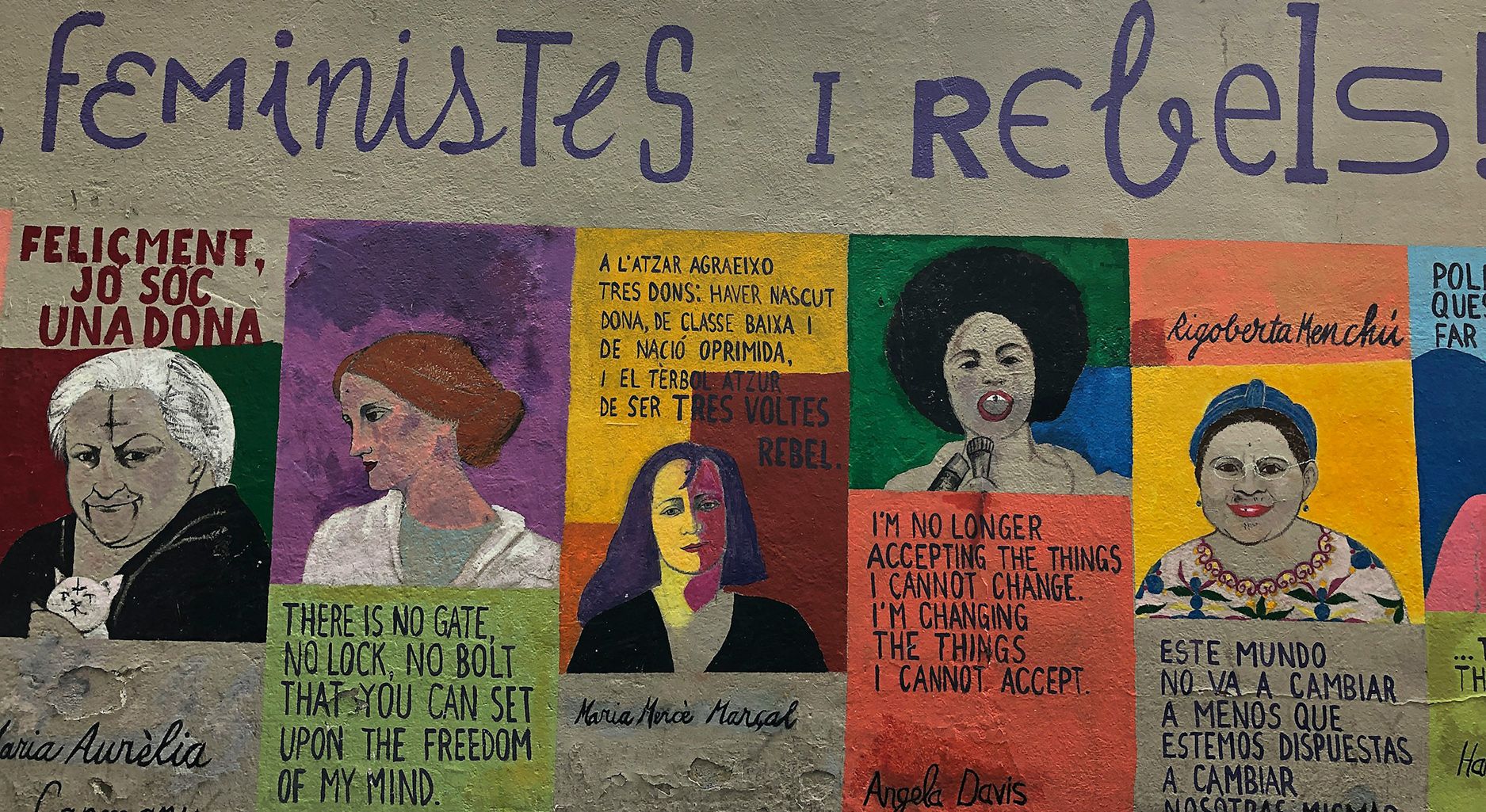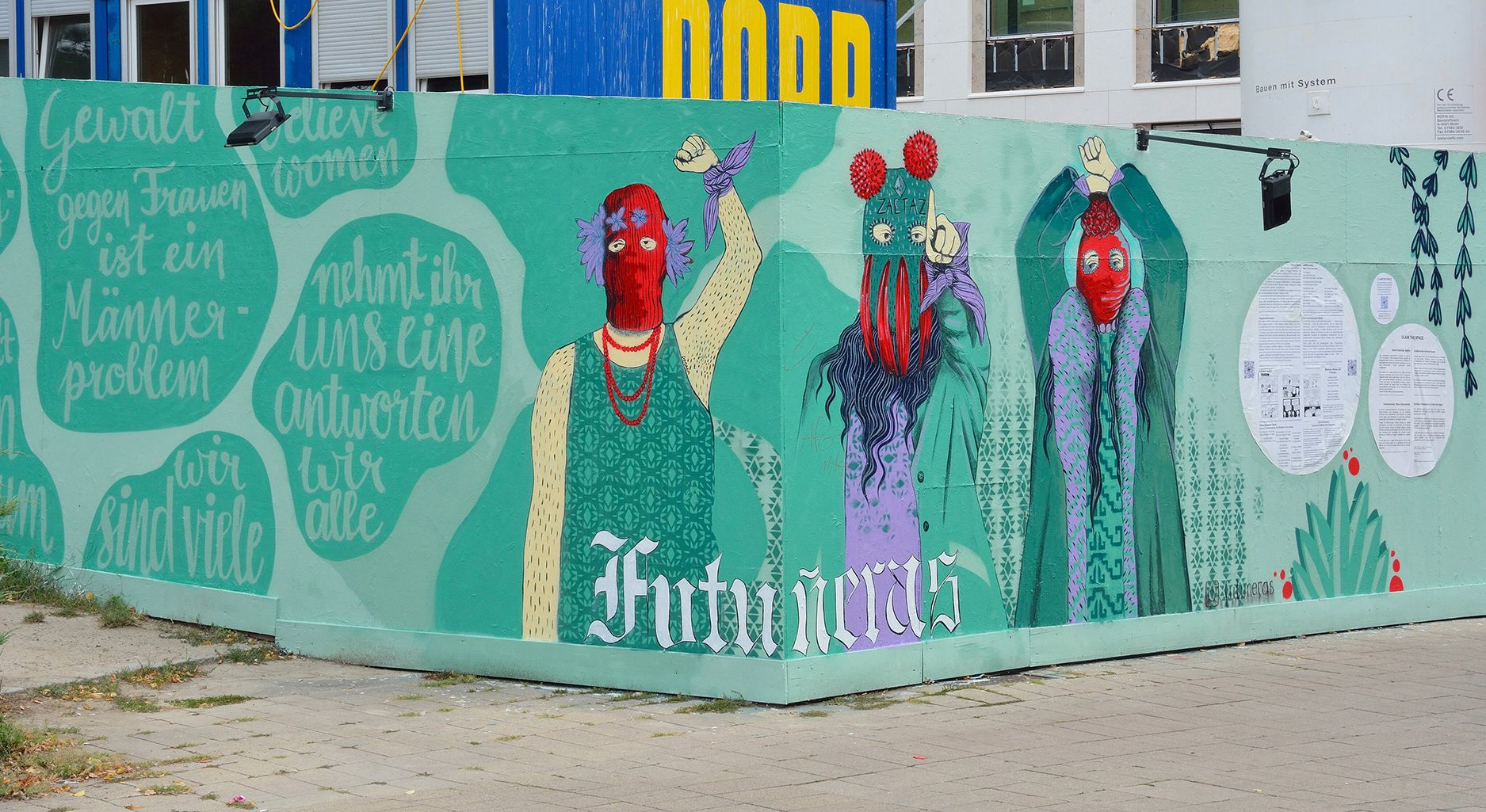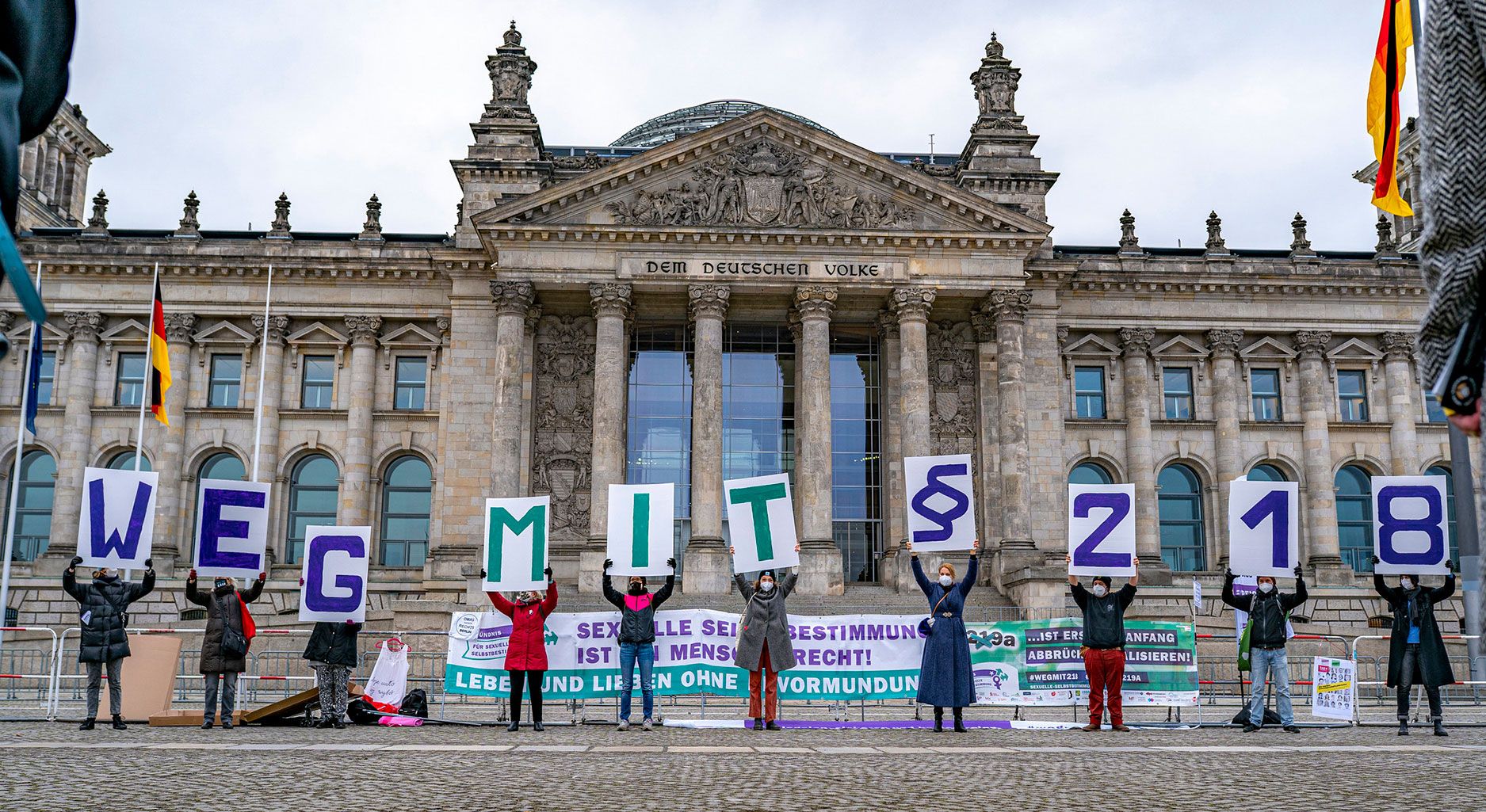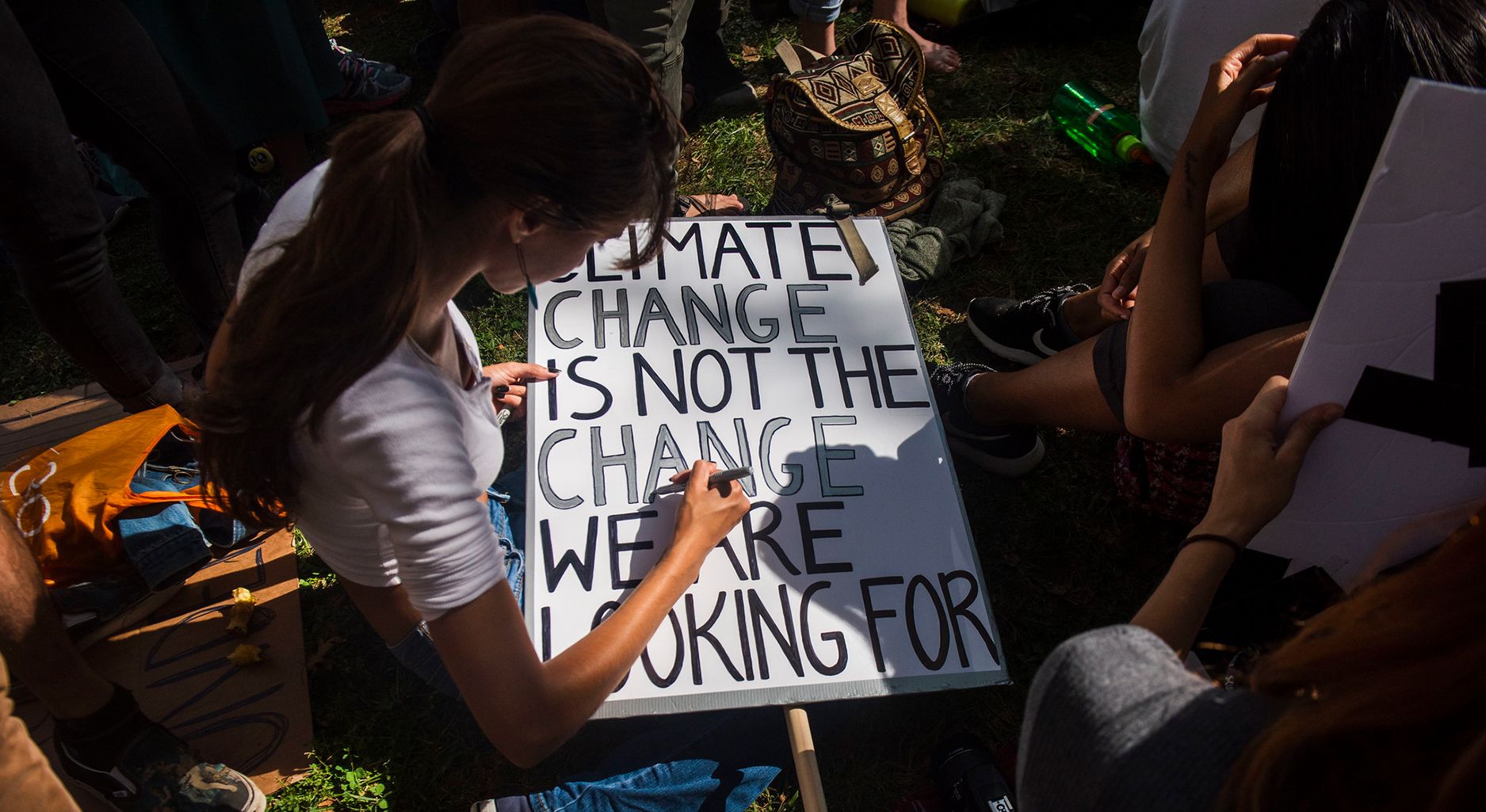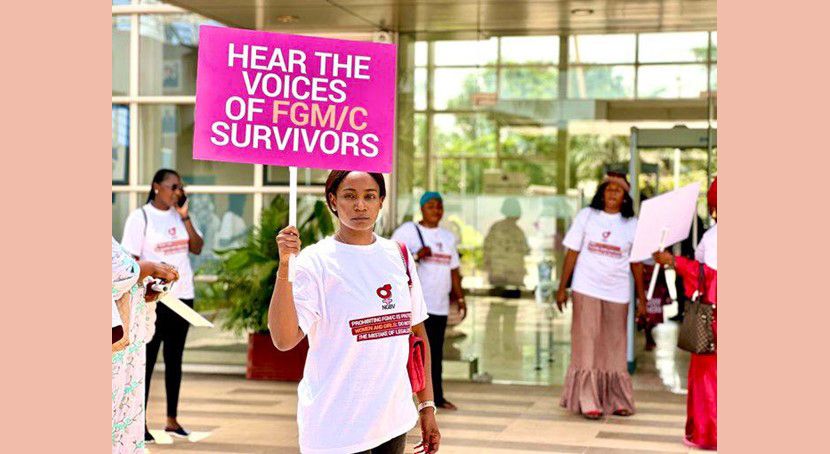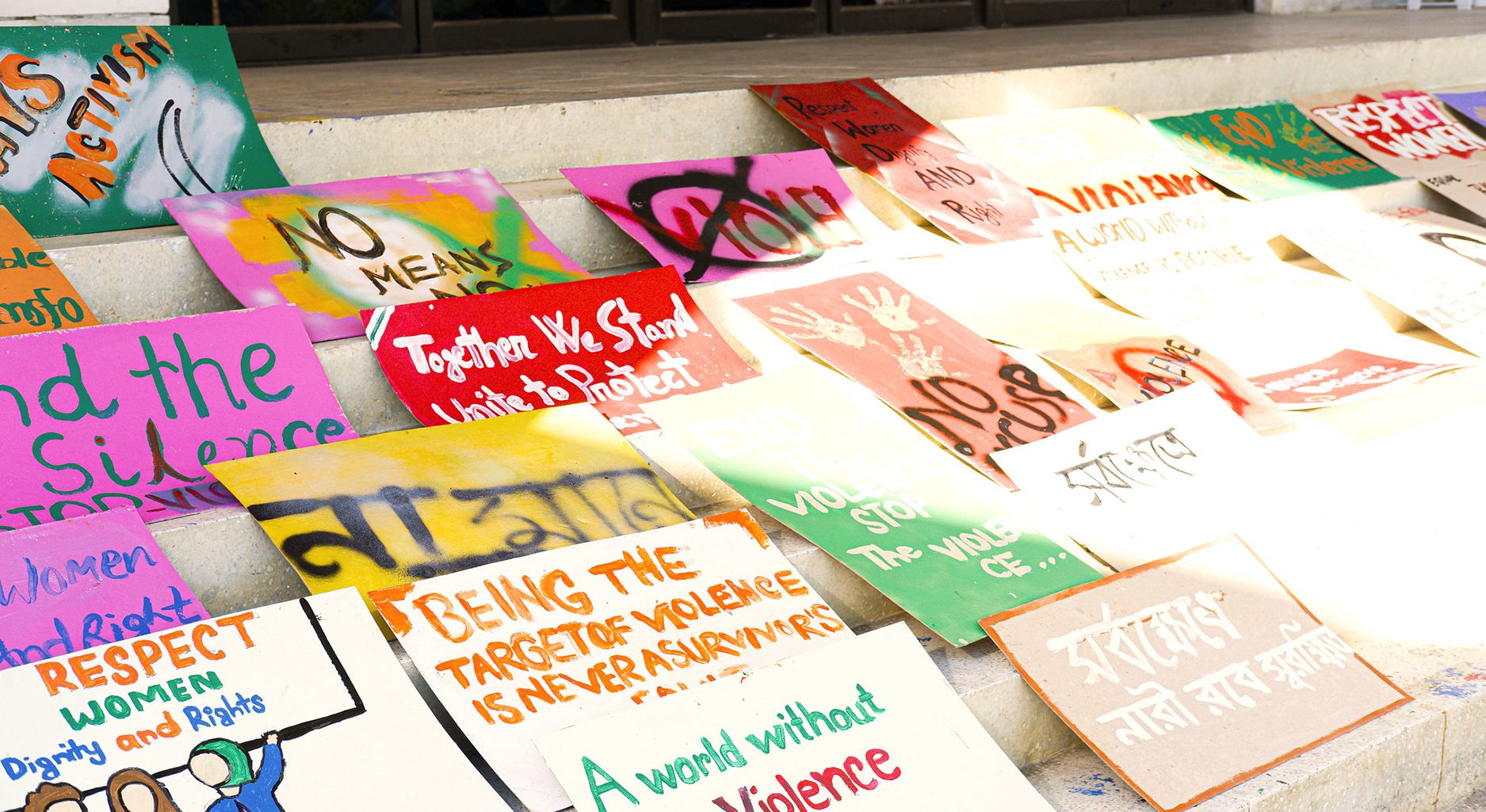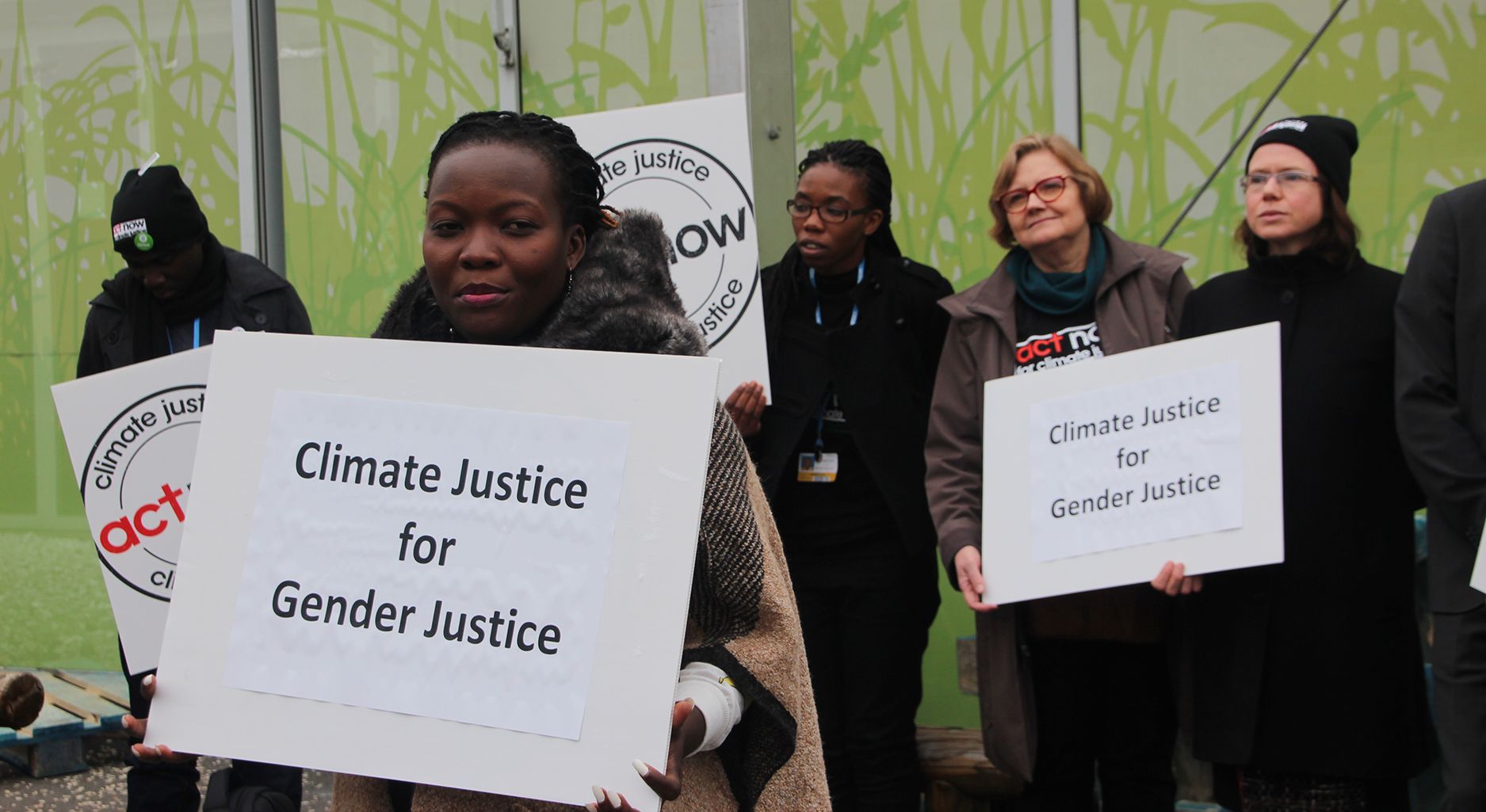
Feministische Friedensforschung
Feministische Perspektiven in der Friedens- und Konfliktforschung konzentrieren sich auf die Geschlechterverhältnisse in Kriegen, Konflikten oder in der Friedenskonsolidierung sowie auf die Machtverhältnisse in der internationalen Politik. Gerade Kriege stellen Frauen vor besondere Herausforderungen: Sie sind nicht nur häufiger Opfer von sexualisierter Kriegsgewalt, sondern werden in der Regel auch von der Teilnahme an Friedensverhandlungen und Entscheidungsprozessen ausgeschlossen.
Aber nicht nur Kriege schränken geschlechtersensible Menschenrechte ein, auch autoritäre Staaten und rechte Bewegungen bekämpfen selbstverständlich geglaubte Menschenrechte, wie die reproduktiven Rechte von Frauen oder die Rechte von LGBTIQ+ Personen. Die feministische Friedens- und Konfliktforschung analysiert Ursachen und Folgen von Geschlechterungleichheit und -diskriminierung, blickt aber auch auf verschiedene Gewaltformen, also auf physische, strukturelle und systemische Gewalt, wie z.B. Sexismus und Rassismus, und wie man diesen begegnen kann.
Unsere neue Blogreihe will die Vielfältigkeit der feministischen Forschung in der Friedens- und Konfliktforschung zeigen und politische Erfolge und Misserfolge sichtbar machen. Dafür diskutiert sie feministische Fragen in den Themenfeldern Außen- und Sicherheitspolitik, Friedensförderung, Menschenrechte, Flucht und Migration, sowie gesellschaftspolitische und soziale Gerechtigkeit. Die Blogreihe will zeigen, wie solche inklusiven, feministischen Perspektiven die Friedens- und Konfliktforschung aber auch die politischen und sozialen Verhältnisse weltweit verändern können.
